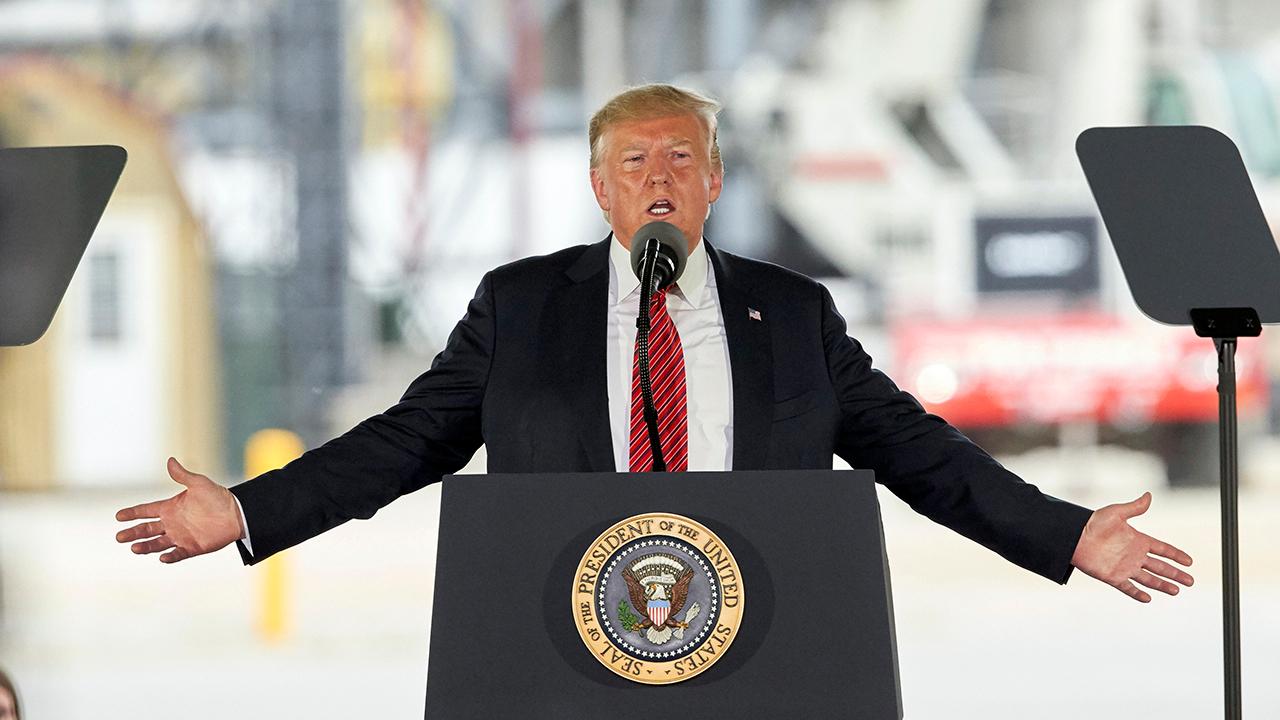Mexico tariffs averted, USMCA back in bullseye
Congress will soon decide whether to ratify the United States-Mexico-Canada Agreement, the trade deal that would update NAFTA in several ways. Most importantly, the new pact would significantly strengthen intellectual property rights.
It's hard to overstate the value of IP rights to America's economy. The U.S. Patent and Trademark Office reports that IP-intensive industries account for 45.5 million U.S. jobs and more than $6 trillion in GDP.
Without strong IP rights, the industries that enhance our lives would cease to function. Congress can set the stage for years of job creation and economic growth by ratifying the United States-Mexico-Canada Agreement (USMCA).
Innovation isn't cheap or easy. This is especially true in my industry of biopharmaceuticals. It costs an average of $2.6 billion and often takes more than a decade to develop just one new medicine.
By patenting their drug designs, biopharmaceutical firms can prevent rivals from creating knockoff medicines for a limited time. That enables innovative firms to earn a return on investment and plow the revenues into new lines of research, leading to yet more innovation.
Today, the biopharmaceutical sector supports 4.7 million American jobs and contributes more than $1.3 trillion a year to the economy -- none of which would be possible without our nation's strong IP protections.
Other IP-intensive sectors have similarly impressive statistics. Copyright industries support 5.7 million jobs, while the tech industry employs 6.7 million.
Importantly, these creative industries produce the majority of American exports, which help reduce the trade deficit. These sectors account for about $840 billion in merchandise exports and another $80 billion in service exports annually.
The USMCA contains numerous intellectual property provisions. For instance, the deal would create a Committee on Intellectual Property Rights. Representatives from each country would work together to boost enforcement of IP rights and improve transparency in issues concerning trade secrets.
That's a necessary reform to prevent IP theft. By one estimate, the sale of counterfeit American goods costs our economy $29 billion a year. Stolen trade secrets, meanwhile, cost businesses and workers $180 billion.
The USMCA also includes critical protections for sophisticated drugs known as "biologics," which represent some of the most promising cures of the future. Policies like these will preserve the incentive for American individuals and companies to innovate and protect them from IP theft.
American, Canadian, and Mexican leaders already finalized the terms of the USMCA back in November, but Congress hasn't yet approved the deal. There's little reason to wait.
CLICK HERE TO GET THE FOX BUSINESS APP
The USMCA would give the nation's most innovative and creative industries the security they need to create jobs and grow our economy. Passing it is a no-brainer.
Raymond F. Kerins, Jr. is the chairman of the U.S. Chamber of Commerce's Global Innovation Policy Center. He is also a senior vice president at Bayer.




















